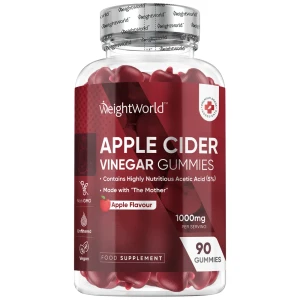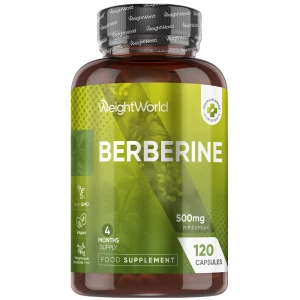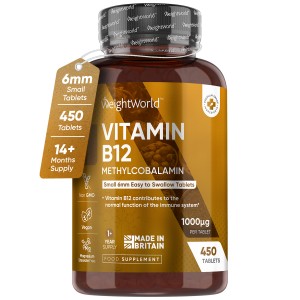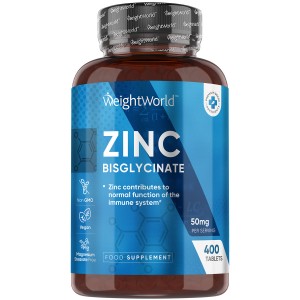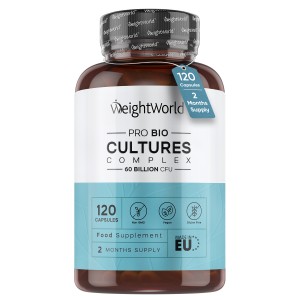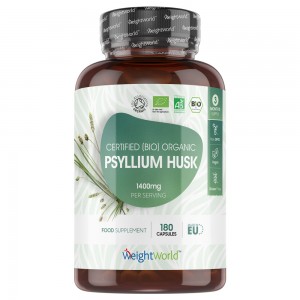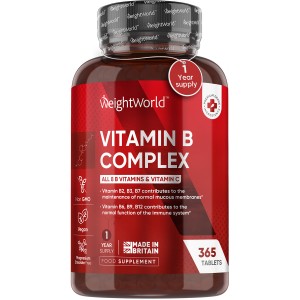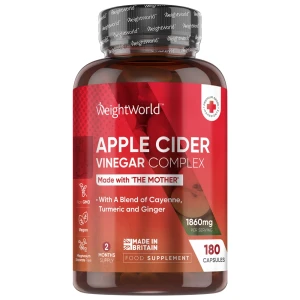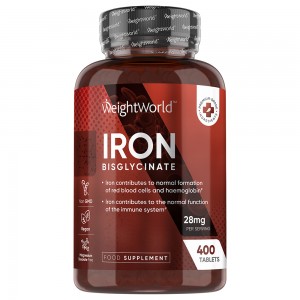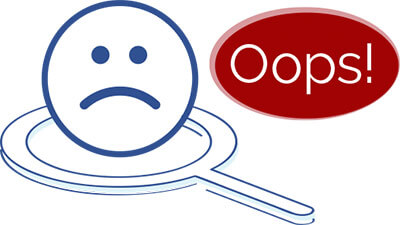Filters
Wellbeing
- Antioxidants (44)
- Brain Health (40)
- Cellulite (1)
- Circulation (30)
- Collagen (7)
- Detox & Cleanse Supplements (29)
- Devices (4)
- Digestion (36)
- Hair, Skin and Nail Vitamins and Supplements (56)
- Heart Health (40)
- Immune System (86)
- Joints & Bones (43)
- Kid's Health (5)
- Liver health (7)
- Men's Health (11)
- Omega's (9)
- Oral Health (4)
- Sleep (12)
- Women's Health (18)
Type
Price
Rating
Digestion
Read MoreAll Products In This Category
What Are Digestive & Gut Health Supplements?
Do you feel embarrassed to talk about your poo problems? You’re not alone! As per recent studies, 1 in every 5 people in the UK suffer from infectious intestinal disorders every year. Facing symptoms like diarrhoea, stomach pain, constipation, vomiting, etc., people with stomach problems can neither spend their day at ease nor feel comfortable discussing this issue with others. Although some lifestyle changes can help improve your digestive health, that might not be enough to alleviate your concern. That’s where digestive and gut health supplements come to the rescue!
Digestion supplements give that much-needed additional support to soothe digestive concerns and reclaim stomach comfort conveniently. Since all digestive issues arise from the gut, digestion supplements contain probiotics, prebiotics, herbs and vitamins for gut health, helping you solve the problem from the root. We, at WeightWorld offer you prescription-free natural supplements for gut and digestion so that you can manage your tummy concerns without the embarrassment of discussing it with anyone. So, level up your gut game and say hello to a happy tummy today!
Benefits of Digestive & Gut Health Supplements
Our digestion supplements offer probiotics and vitamins for gut health to help you nourish your gut and delight your tummy. Here are how the ingredients in our gut supplements help your body and stomach:
- Offers gut-friendly bacteria to balance gut microflora
- Supports your bowel regularity and food regulation
- Helps cleanse & purify your gut
- Soothe your gut and stomach
- Helps keep digestive discomfort at bay
- Manages appetite and weight
- Fortifies your natural defences
Variety of Digestive & Gut Health Supplements at WeightWorld
While avoiding digestive disorders in our hectic and fluctuating lifestyle is quite challenging, we want to help you maintain your digestive health in the way that suits you best. That’s why we offer digestive supplements in the form of tablets, capsules, gummies, powders and patches. If you want to soothe your gut while on the go, just pop an easy-to-swallow tablet or capsules. In case you prefer to spice up your health regime, you can choose our easy-to-mix powders to make a DIY drink. So, go with what your gut says and enjoy boosting your health your way!
Our Bestselling Digestive & Gut Health Supplements
Here are our bestselling supplements for your gut and stomach:
- Bio Cultures Complex Capsules - Offering 77 billion CFU gut-friendly prebiotics and probiotics per serving, our high-strength capsules are ideal for balancing the gut microbiome and restoring bowel regularity. With 60 capsules, you can say goodbye to digestive discomfort in just a month
- Organic Psyllium Husk Capsules - With a market-leading 1400 mg of pure psyllium husk per serving, our capsules help cleanse and soothe your gut and are 100% organically sourced to ensure no known harmful side effects. Each pack comes with 180 capsules to give you gut support for continuous 3 months
Buy Digestive & Gut Health Supplements at the Best Prices - Now Up to 20% Off!
Are you spending a fortune every month on digestion supplements? Stop it right now! At WeightWorld, you’ll find premium-quality supplements for gut health at budget-friendly prices that are hard to find elsewhere. Our industry-leading gut health supplements are available within the price range of only £6.99 to £15.99. Do you want to save more? With up to 20% off on multipacks, now you can keep your gut happy at even less.
Why Buy Digestive & Gut Health Supplements from WeightWorld?
Although you will find multiple digestive supplements on the market, many end up giving disappointing results or even worse side effects. Here are why our supplements and vitamins for gut health stand out from the rest!
Expertise & Experience
We formulate supplements with 19+ years of industry experience and expertise in the wellness supplement industry
100% Safe Formula
We use 100% natural ingredients that are GMP-certified so that you enjoy the benefits without facing any known side effects
All-Inclusive
We have 100% gluten-free and vegan supplements and vitamins for gut health, suitable for everyone, including those with gluten intolerance or those on a plant-based diet
Massive Supply
We offer gut health supplements with up to 1 year’s supply per bottle, saving you the hassle of reordering every month
Assured Guarantee
We offer you a 100% money-back guarantee for 90 days so you can try the supplements risk-free
Good for the Environment
We produce the majority of our supplements in the UK to reduce our carbon footprint and also ship all our products in recyclable packaging to promote environmental sustainability
FAQ's
While looking for the best digestive and gut health supplements, prefer the one that has an all-natural formula to avoid any unwanted side effects. It’s also important to ensure that the supplements contain gut-friendly probiotics or vitamins for gut health.
A quick look at our product reviews will show you how much our customers have benefitted from the regular intake of our digestive and gut health supplements. We have formulated these supplements with industry-leading proven ingredients to provide optimal results.
Some common causes of poor digestion are as follows:
- Insufficient water intake
- Food intolerance
- High intake of processed foods
- Side effects of some medications
- Stress
- Digestive disorders such as Irritable bowel syndrome (IBS)
You can improve your digestion by doing the following:
- Eating fibre-rich foods
- Eating fermented foods
- Drinking ample amounts of water
- Exercising regularly
- Taking herbs and foods rich in vitamins for gut health
- Taking prebiotic and probiotic supplements
We are confident that you will love our products. However, we understand that everybody is different and you may not feel the effects in the same way. We value our customers and prioritise customer satisfaction first, that’s why we offer you a full money-back guarantee! If they don’t work for you, we will refund you for your order!
